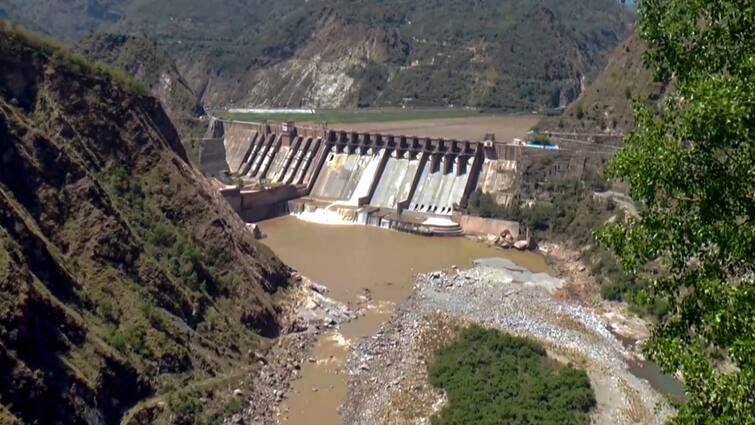Indus water treatment: After the terrorist attack in Pahalgam, India has taken a tough stand and banned the Indus Water Agreement. After this decision, the reaction of both India and Pakistan is reacted. Pakistan is afraid that due to the stopping water, the people of its country die thirsty, then there are some experts in India who are saying that even though India can cancel the agreement, but now it will not be able to stop the water of Pakistan.
India does not have the ability to stop water. Is the real story of stopping the Indus Water Agreement is only that Pakistan’s water should be stopped or by stopping this agreement, India has achieved that, which this agreement was becoming a big obstacle in getting.
India’s stopped projects will be completed soon
It is a fact that India does not have such reservoirs to stop the water going to Pakistan and store it with it. In such a situation, this decision is not going to have any quick impact on Pakistan, but due to the stoppage of this agreement, many of India’s stalled projects will be completed soon. The biggest example of this is the same Jammu and Kashmir where the Government of India is preparing to make four thousand MW of electricity through five projects.
To make this electricity, the Government of India has to complete a total of five hydro electric power projects. These five power plants are Busar, Dulahasti, Questionkot, Uri and Kirthai. The capacity of the Busar power plant is 800 MW. The capacity of the briefness is 260 MW. Question Kot has a capacity of 1856 MW, Uri’s 240 MW and Kirathai capacity is 930 MW.
Now India will not have to take any approval
The work of all these power plants has started, but the biggest hurdle in its completion was the Indus Water Agreement. Because to complete these power projects, approval had to be taken from Pakistan and the entire work was under the supervision of the World Bank because the conditions of the agreement were like this. Now that India has banned this agreement, it has neither to see Pakistan nor the World Bank to complete its power plants. Therefore, the time was wasted in taking approval to complete these projects, it will not happen now and between the next three to five years, India will complete these five power projects and will prepare electricity of four thousand MW separately for Jammu and Kashmir.
Work is being done on many projects including Question Kot
Out of these five power projects, Uri 2 projects are being built on the Jhelum River, while the remaining four power projects are to be built in Chenab Valley. The questionkot is the largest project in all these projects, for which a 192.5 meter dam is to be built on the Chenab river in Ramban district. Dulhasti is also being built on Chenab in Kishtwar district, which will be an underground power plant.
In Kishtwar itself, not only electricity will be created through the burr being built on the Chenab, but it will also store water and through it the flow of water will also be controlled. The Uri 2 power plant is being built on the Jhelum River in Baramulla district, which is an extension of Uri 1. Kirathai is being built on Chenab. This is also in Kishtwar.
Apart from this, other projects which were buried only in the files because the Indus Water Agreement was coming in the way of fulfilling them, now work will start on them afresh. It is certain that stopping the Indus water treaty will have an impact on Pakistan, but it will take some time. In this time, India will prepare itself so much by completing its projects, how much water Pakistan will get in the coming days and how much is not, it will be decided by India.

